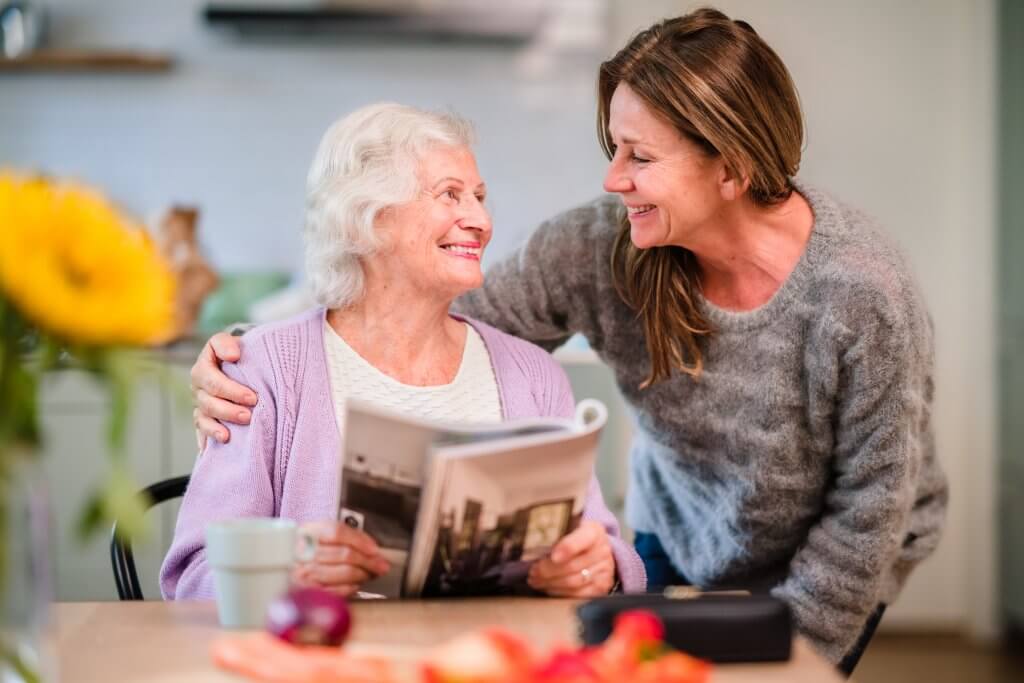Beat the Heat: How to Prevent Dehydration

When the summer sun is beating on the pavement, it’s important to keep cool and stay hydrated, especially in older age. At Home Instead Ilkley, our Care Professionals will be ensuring that our clients will be keeping hydrated to stave off any ill-effects from the intensity.
What is dehydration?
- Dehydration is when we don’t drink enough fluids to maintain a healthy balance in our body.
- Water makes up two thirds of our body. A healthy fluid balance is needed to help digestion, flush out waste and toxins and to keep the skin healthy.
- Most people get dehydrated by not drinking enough fluids or by losing fluids and not replacing them.
To ensure our bodies function well, mentally and physically, it is important for us to maintain approximately 60% of water. When we lose water from the body, we need to replace what has been lost to ensure we don’t become dehydrated. Breathing, digestion and sweating are all ways in which water can leave the body fast and sometimes you may not realise.
As we get older, it is common for our senses to decline and we can become unaware of our basic needs. For the elderly and especially people living with dementia, dehydration is not unusual. By the time they actually feel thirsty, essential fluids could be very low and this can lead to further problems. Many medical conditions or medications, can lead to fluid imbalances in the body so it’s really important that hydration is monitored.
How to spot the signs of dehydration:
- Drinking less
- Feeling thirsty
- Headaches
- Tiredness
- Dry lips/ mouth
- Confusion
Check out our tips to prevent dehydration here.